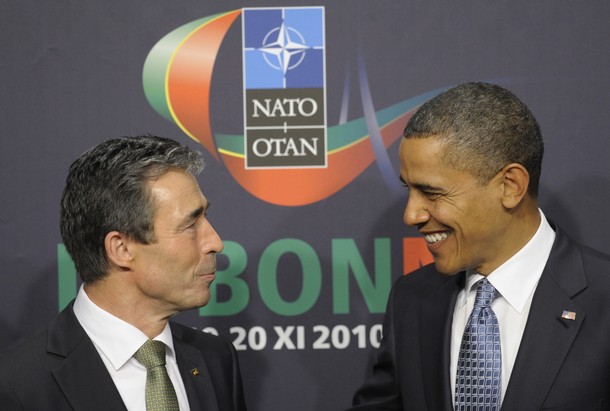
From the Editors of the New York Times: The Western allies, especially the British and French forces backed up by the United States, can be justly proud. So can Prime Minister David Cameron of Britain, President Nicolas Sarkozy of France and President Obama, who ignored the naysayers who claimed that Libya was a quagmire and the battle not worth fighting.
But it would be a mistake to deny the serious problems revealed by the six-month campaign. This was NATO’s first attempt at sustained combat operations with the United States playing a support role. Europe’s military capabilities fell far short of what was needed, even for such a limited fight.
President Obama, who pressed hard for NATO involvement, rightly insisted that Europe, along with Canada, take the lead. It is reasonable to expect the wealthy nations of Europe to easily handle a limited mission in their own backyard that involved no commitment of ground troops. Reasonable, but, as it turned out, not realistic. . . .
For decades, European nations have counted on a free-spending Pentagon to provide the needed capabilities they failed to provide themselves. The Pentagon is now under intense and legitimate pressure to meet America’s security needs more economically. It can no longer afford to provide affluent allies with a free ride.
In June, Defense Secretary Robert Gates pointedly told European NATO allies that they risked becoming militarily irrelevant unless they stepped up investment in their forces and equipment. His successor, Leon Panetta, needs to drive that message home. (photo: Getty)
Image: getty%2011%2026%2010%20Anders%20Fogh%20Rasmussen%20Barack%20Obama.jpg
